The Lord’s promises are pure, like silver refined in a furnace, purified seven times over. Psalm 12:6
The opening verses of Psalm 12 point to a godly society changing to godlessness. David clearly observed people moving away from the Lord.
Help, O Lord, for the godly are fast disappearing! The faithful have vanished from the earth! Psalm 12:1
We can compare the experiences David wrote about with the growth of godlessness in our world today. Pardon the expression, but we live in a dog-eat-dog world.
Neighbors lie to each other, speaking with flattering lips and deceitful hearts. Psalm 12:2
The Deceit of Flattering Lips
The phrase “flattering lips” means that someone offers lavish, insincere, and manipulative praise. The flattering person seeks some kind of benefit for themself.
Flattery effectively appeals to our vanity. It also lays traps to snare us in our most vulnerable areas. Then, we believe these lies to feel loved and accepted, admired, and even envied.
In reality, though, if we buy into that type of lie, we must act in ways that support a false self-image. Plus, we can come to a place where we don’t need God.
David may have written this Psalm during Saul’s reign as king. Saul used flattery on David, trying to lure him in. David wanted to believe Saul’s flattery but deep down felt its deception.
Therefore, in the next verse, he asked the Lord to stop the flattering lips and silence the boastful tongues. He went to the Lord with his request because he knew it wouldn’t stop on its own.
They say, “We will lie to our hearts’ content. Our lips are our own—who can stop us?” Psalm 12:4
We would expect an attitude like that from the world influenced by its sinful nature. I’m sad to say that I have seen that same attitude in the church.
The Lord’s Reply with Promises
Thankfully, David stopped writing about the negative things going on around him. The rest of this Psalm focuses on the Lord’s response and His promises.
The Lord replies, “I have seen violence done to the helpless, and I have heard the groans of the poor. Now I will rise up to rescue them, as they have longed for me to do.” Psalm 12:5
The Lord’s reply begins with promises to two classes of people: the helpless and the poor. David often felt helpless; therefore he included the helpless in many of the Psalms.
Helpless means not having the strength or power to do anything useful or to control or protect. This means helplessness could affect any area of our lives. Jesus identified the helpless like this.
When he saw the crowds, he had compassion on them because they were confused and helpless, like sheep without a shepherd. Matthew 9:36
Paul also referred to the unsaved as helpless when he said the following.
When we were utterly helpless, Christ came at just the right time and died for us sinners. Romans 5:6
Secondly, the Lord’s promises also dealt with the groans of the poor. The Bible mentions two types of poor. Those physically poor and spiritually poor.
Being physically poor means lacking “sufficient money” to live at a standard considered comfortable or normal in a society.
Even though God cares for the poor, Jesus said we will always have poor people. Maybe because of a choice or inherited choices of past generations. The church has a mandate to help its poor.
They (apostles) encouraged us to keep preaching to the Gentiles, while they continued their work with the Jews. Their only suggestion was that we keep on helping the poor, which I have always been eager to do. Galatians 2:9-10
The Lord’s Promises in the Psalms
We’ve come full circle to the verse we started with that talks about the Lord’s promises. The writers of the Psalms mentioned the Lord’s promises several times, including the following.
- All the Lord’s promises prove true. Psalm 18:30
- God is faithful to His promises. Psalm 71:22
- His faithful promises are your armor and protection. Psalm 91:4
- Your promises have been thoroughly tested; that is why I love them so much. Psalm 119:140
- The Lord’s promises are backed by all the honor of your name. Psalm 138:2
- The Lord always keeps his promises. Psalm 145:13
In this Psalm, however, David reported that the Lord’s promises are pure. As I found that description interesting, he continued by telling us how pure they are.
He said pure as refined silver, not once, but seven times. Refining silver once leaves it fairly pure. But repeating the refining process seven times would make it wholly pure.
I don’t believe the Psalmist just picked the number seven out of the air. The number seven in scripture represents “perfection,” “finished,” or “complete,” making God’s promises flawless.
According to the last two verses of this Psalm, the Lord’s promises go beyond helping the poor and helpless. Even while the wicked strut around, God will protect all of the oppressed.
Therefore, Lord, we know you will protect the oppressed, preserving them forever from this lying generation, even though the wicked strut about, and evil is praised throughout the land. Psalm 12:7-8
Thank you, Lord, for all of your promises. We can rely on you when we feel helpless and during our poorest moments. Like the Psalmist said, you always keep your promises.
This is an updated edition of a post originally published on Christian Perspectives
Featured Image by Mirosław i Joanna Bucholc from Pixabay




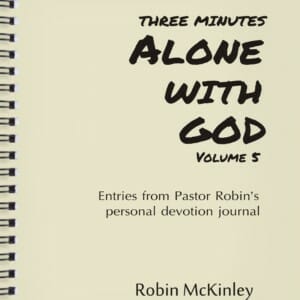
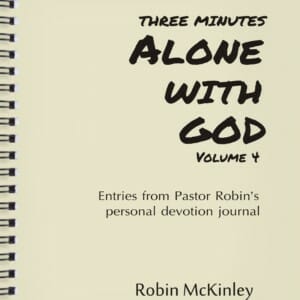
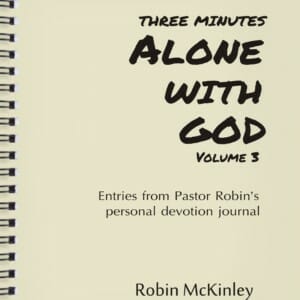
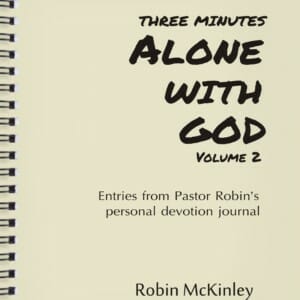
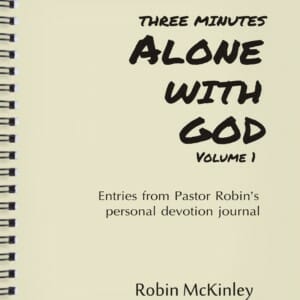



Comments are closed.